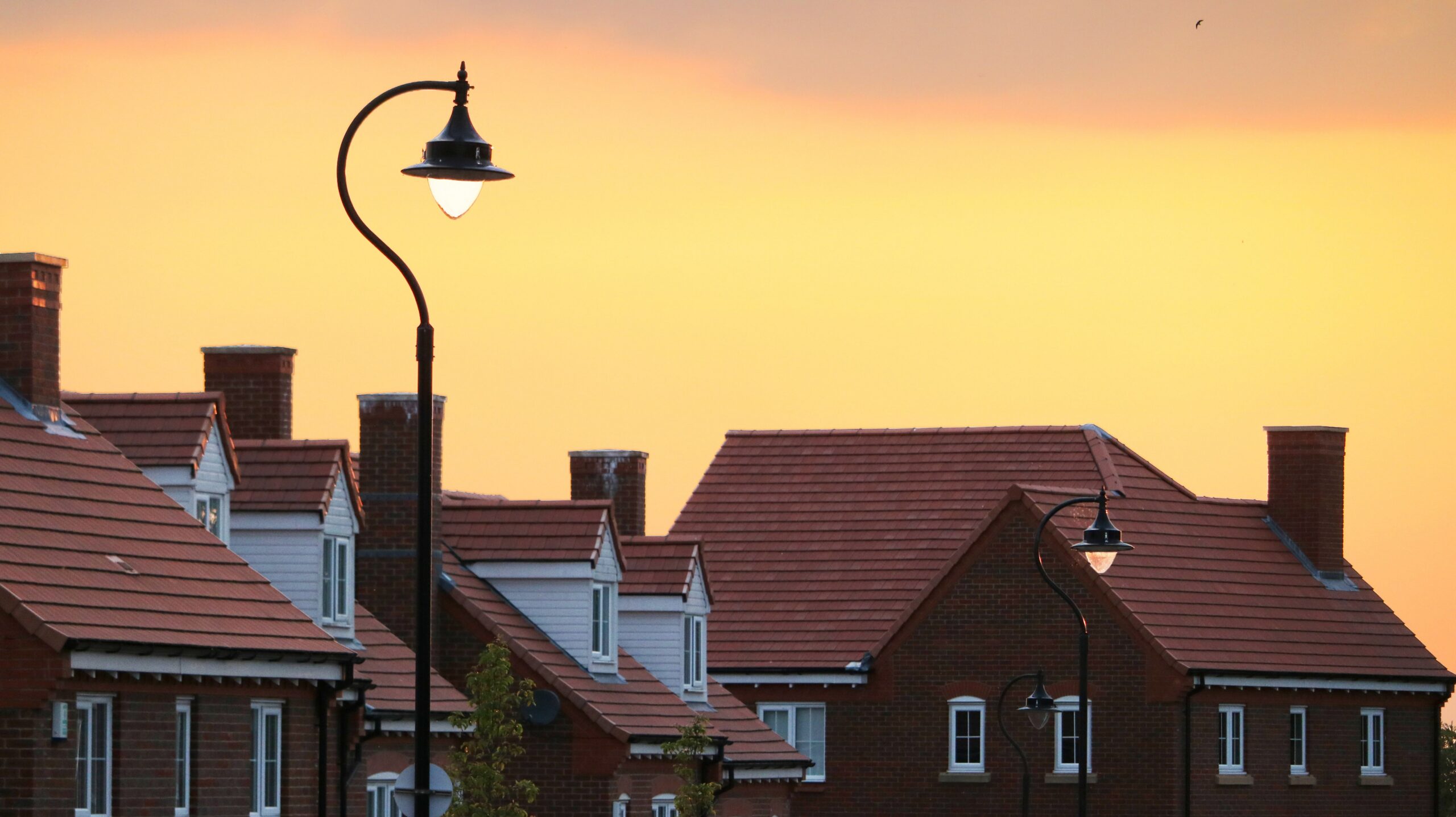The number of lease extension claims is rising year on year, as the length of a lease decreases the cost of extending your lease increases. All flat owners or owners of leasehold houses should be aware of the following before commencing a claim to extend their lease:
- Procedure. How do you extend the lease of your property? There are two ways to extend a lease. One is by making an informal agreement with the Freeholder or their agent directly, the other is a procedure prescribed by law called a Statutory Lease Extension that entitles a leaseholder who has owned their flat for more than two years to an extra 90 years lease term and reduces their ground rent to a peppercorn. A premium, i.e. price, is paid to the Freeholder under both procedures and it is important to know that the Freeholder can request any terms they like and are under no obligation to provide a lease extension.
- Professional Advice. Do you need a solicitor or surveyor to extend the lease? You will need a professional surveyor to advise you on the premium you should pay to the Freeholder. Regardless of which route you take to extend your lease, you should always have a surveyor who specialises in lease extensions acting in your best interests, also ensure that they’re accredited by the Royal Institute of Chartered Surveyors (RICS).
- Costs. How much does it cost to extend a lease? This will vary from property to property, but it is the responsibility of the Leaseholder to pay the Freeholder’s reasonable fees incurred with a Lease Extension, generally, this will include both legal and valuation fees.
- 80 is the magic number. When should you extend a lease? When a lease falls below 80 years the cost of extending it increases evermore rapidly as a further fee is due to the Freeholder known as “marriage value.”
- Time. How long does it take to extend a lease? Lease Extensions are wholly different to the procedure involved in traditional conveyancing. A Statutory Lease Extension can take on average between 6-9 months depending on when terms are agreed between the parties, the time limits involved are governed by the prescribed law involved. An Informal Lease Extension can take any length of time as the Freeholder is not bound to grant the Lease Extension and has no time frame they have to respond in.
If you have any questions concerning extending your lease don’t hesitate to get in touch with our property law team, who specialise in Lease Extensions.
